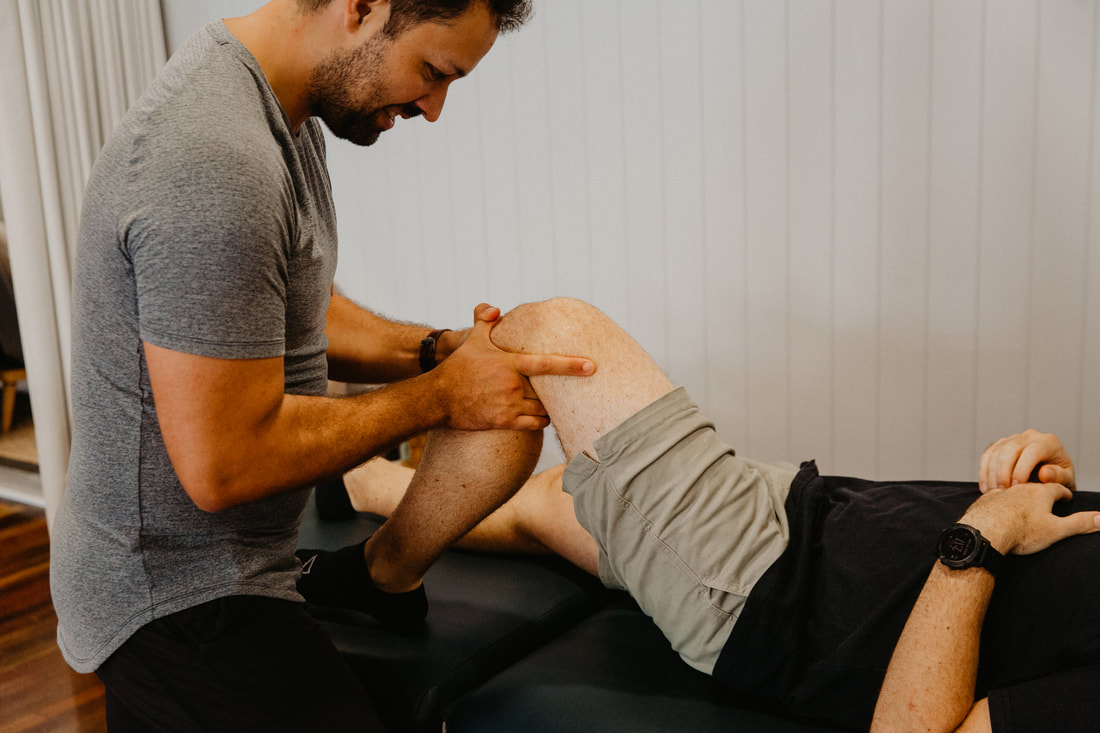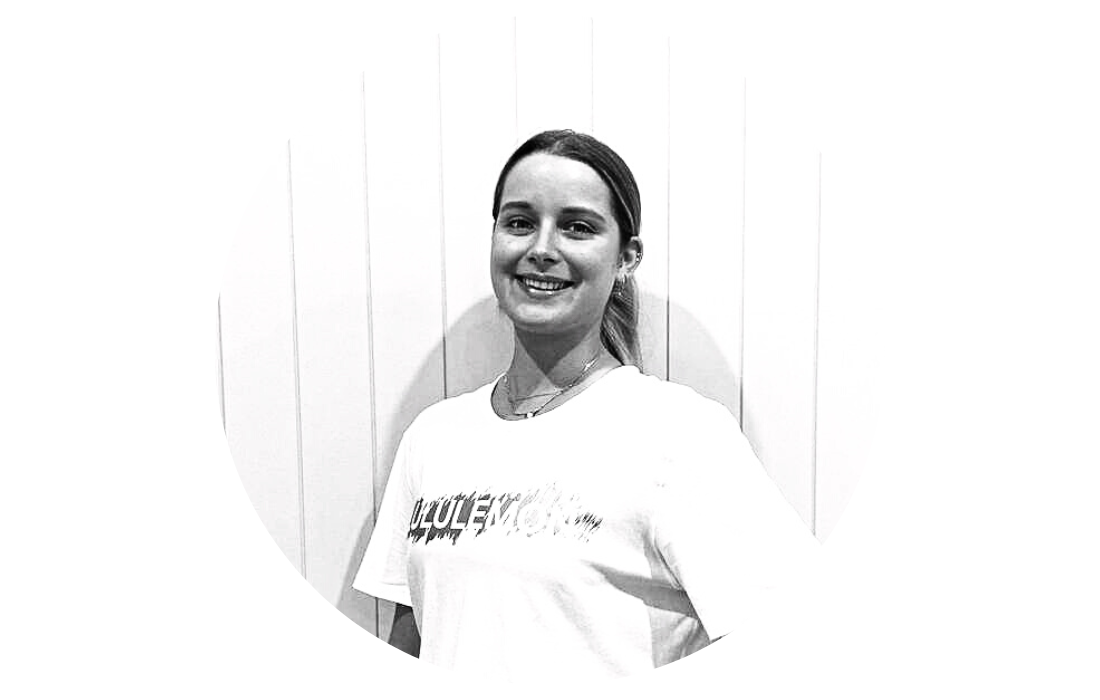Sports injury physiotherapy for futsal players
Futsal and the Role of a Specialised Physiotherapist
Futsal is a fast-paced, small-sided soccer variant, typically played indoors on hard surfaces. It emphasizes ball control, quick reflexes, and rapid decision-making. The game's high-speed nature and close ball work require players to have excellent agility, endurance, and technical skills.
Key Aspects of Futsal:
The Importance of a Physiotherapist Specialised in Futsal:
What Are Common Injuries Among Futsal Players?
Futsal, known for its fast pace and close quarters, frequently leads to certain types of injuries:
How Can Futsal Players Prevent These Injuries?
Injury prevention is crucial for futsal players:
What Physiotherapy Treatments Are Effective for Futsal Injuries?
Physiotherapy plays an important role in treating and managing injuries in futsal:
When Should a Futsal Player Consult a Physiotherapist?
Professional advice is recommended in several scenarios:
How Can Physiotherapy Help in Long-Term Injury Prevention for Futsal Players?
Long-term injury prevention is essential:
What Recovery Strategies Should Futsal Players Employ?
Effective recovery strategies are important for futsal players:
If you have been injured playing futsal, there are many things that our Tarragindi physiotherapists can do to help get you back to being sport ready and active again so come in and speak to our friendly physiotherapists today! Feel free to give our Tarragindi Physiotherapy clinic a call on 07 3706 3407 or email [email protected]
Futsal is a fast-paced, small-sided soccer variant, typically played indoors on hard surfaces. It emphasizes ball control, quick reflexes, and rapid decision-making. The game's high-speed nature and close ball work require players to have excellent agility, endurance, and technical skills.
Key Aspects of Futsal:
- Rapid Gameplay: Futsal's quick pace demands sudden bursts of speed, agility, and dynamic movements.
- Hard Playing Surfaces: The indoor courts increase the impact on joints, particularly the ankles and knees.
- Close Physical Contact: The smaller playing area results in more frequent player-to-player contact, raising the risk of collision-related injuries.
The Importance of a Physiotherapist Specialised in Futsal:
- Injury Prevention and Management: A physiotherapist with experience in futsal can provide targeted injury prevention advice and rehabilitation strategies specific to the demands and movements of the sport.
- Performance Enhancement: Understanding the physical requirements and biomechanics of futsal, a physiotherapist can assist players in optimizing their performance while minimizing the risk of injury.
- Recovery and Conditioning Advice: Specialized physiotherapists can offer guidance on conditioning exercises and recovery techniques tailored for futsal players, crucial for maintaining fitness and preventing injuries.
What Are Common Injuries Among Futsal Players?
Futsal, known for its fast pace and close quarters, frequently leads to certain types of injuries:
- Ankle Sprains: Common due to quick turns and sudden stops on the hard surface.
- Knee Injuries: Including ligament strains like ACL injuries, resulting from the dynamic and rapid movements.
- Muscle Strains: Particularly in the calves, hamstrings, and groin, due to sprinting and quick directional changes.
- Foot Injuries: Such as plantar fasciitis and metatarsalgia, from playing on hard surfaces.
- Overuse Injuries: Like tendinitis, due to the high frequency of games and practices.
How Can Futsal Players Prevent These Injuries?
Injury prevention is crucial for futsal players:
- Proper Warm-Up and Cool-Down: Essential for preparing the body for intense activity and aiding in muscle recovery.
- Strength and Conditioning Training: Focusing on lower body strength and core stability to support the demands of the game.
- Agility Training: To improve balance and control during quick movements.
- Proper Footwear: Shoes with adequate cushioning and support for indoor surfaces.
- Adequate Rest: Balancing intense training with sufficient recovery time.
What Physiotherapy Treatments Are Effective for Futsal Injuries?
Physiotherapy plays an important role in treating and managing injuries in futsal:
- Manual Therapy: Such as massage, joint mobilization, and stretching to alleviate pain and improve mobility.
- Tailored Exercise Rehabilitation: Specific exercises to strengthen and rehabilitate the injured areas.
- Biomechanical Analysis: Assessing movement patterns and technique to prevent re-injury.
- Pain Management Techniques: Utilizing modalities like ice therapy, heat therapy, or ultrasound.
- Injury Prevention Education: Providing guidance on safe playing practices and conditioning.
When Should a Futsal Player Consult a Physiotherapist?
Professional advice is recommended in several scenarios:
- Post-Injury: For an accurate diagnosis and a comprehensive rehabilitation plan.
- Persistent Pain or Discomfort: Especially if it impacts playing performance.
- Technique Improvement: To enhance skills and reduce injury risk.
- Preventive Strategies: Learning effective methods to reduce the likelihood of injuries.
How Can Physiotherapy Help in Long-Term Injury Prevention for Futsal Players?
Long-term injury prevention is essential:
- Personalized Exercise Programs: Focused on the specific needs of futsal players, considering strength, agility, and endurance.
- Regular Physical Assessments: To monitor progress and adjust training as needed.
- Technique Analysis and Improvement: Continuous work on playing techniques and movement efficiency.
- Nutritional and Lifestyle Advice: To support overall health and enhance athletic performance.
What Recovery Strategies Should Futsal Players Employ?
Effective recovery strategies are important for futsal players:
- Active Recovery: Engaging in light activities to promote circulation and muscle recovery.
- Nutrition and Hydration: Key for muscle repair and maintaining energy levels.
- Adequate Sleep: Critical for physical and mental recovery.
- Mental Health Support: To manage the stress and pressures of competitive play.
If you have been injured playing futsal, there are many things that our Tarragindi physiotherapists can do to help get you back to being sport ready and active again so come in and speak to our friendly physiotherapists today! Feel free to give our Tarragindi Physiotherapy clinic a call on 07 3706 3407 or email [email protected]
Who to book in with:
Yulia Khasyanova
|
Monica Hanna
|
Zoe Harden
|



